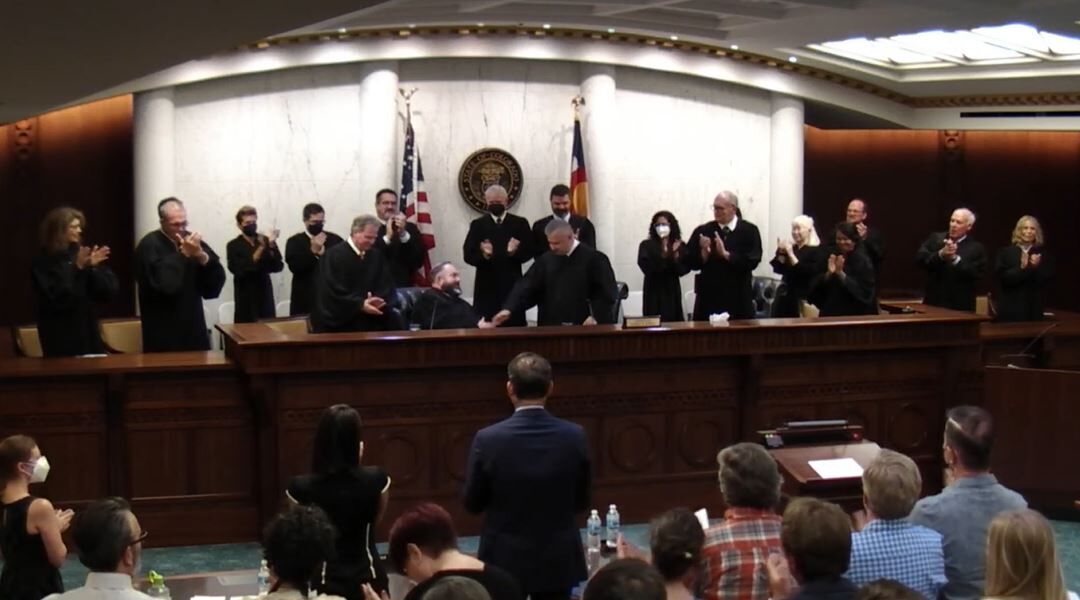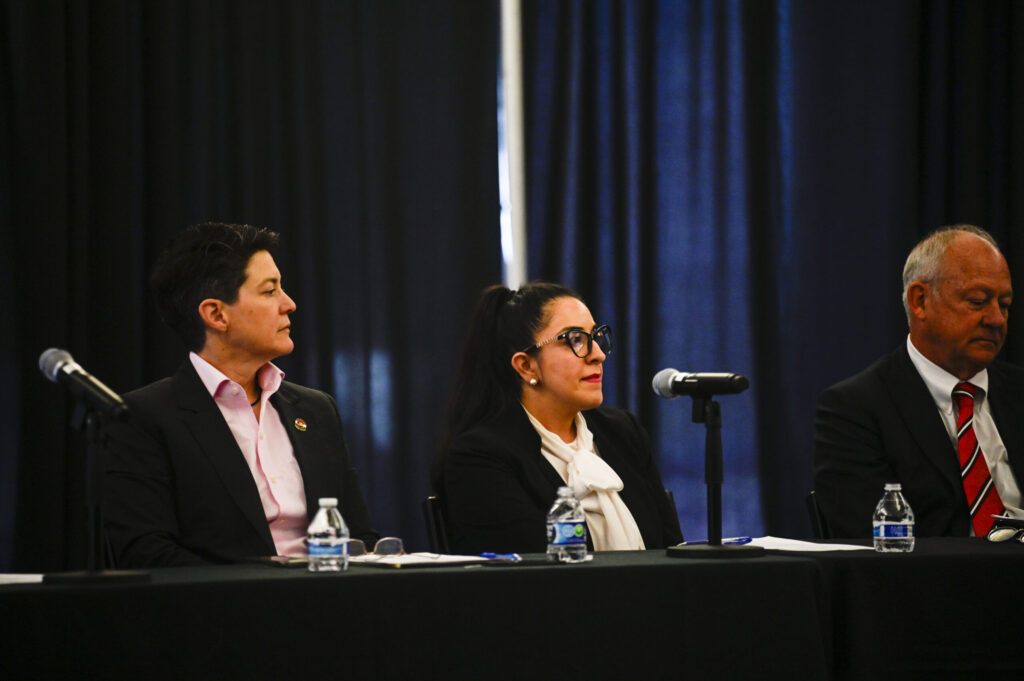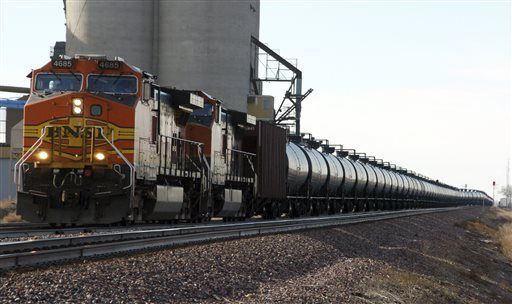Colorado cap on monetary damages not unconstitutional, appeals court rules

Colorado’s second-highest court last month rejected an attempt to declare the state’s cap on certain monetary damages unconstitutional, noting it could not overturn prior federal and state Supreme Court decisions on the subject.
An Arapahoe County jury awarded Jacqueline Gebert $2.7 million in damages after a Sears repairman incorrectly rewired her stove and caused her electrocution. The trial judge slashed the amount to $1.57 million, applying a Colorado law generally limiting noneconomic damages – like pain and suffering – to $250,000, adjusted for inflation.
On appeal, Gebert argued the limitation violated the Seventh Amendment’s right to a jury trial in civil cases. The cap effectively erodes the jury’s ability to decide a plaintiff’s case, she reasoned.
A three-judge panel for the Court of Appeals countered that Colorado’s constitution provides no right to a civil jury trial and the U.S. Supreme Court has never extended the Seventh Amendment’s guarantee to the states.
“Gebert alternatively argues that we should overrule this precedent and recognize the civil jury trial right,” wrote Judge Terry Fox in the Nov. 9 opinion. “We are, again, bound by the precedent Gebert challenges.”
Case: Gebert v. Sears, Roebuck & Co.
Decided: November 9, 2023
Jurisdiction: Arapahoe County
Ruling: 3-0
Judges: Terry Fox (author)
David Furman
Neeti V. Pawar
In a 2010 decision about the Second Amendment, the U.S. Supreme Court noted that certain provisions of the Bill of Rights have not been applied to the states through a process known as incorporation. Those included the Third Amendment’s prohibition on quartering soldiers, the Fifth Amendment’s grand jury requirement for certain criminal cases, and the Seventh Amendment’s civil jury trial guarantee.
While some state courts have struck down caps similar to Colorado’s, they did so based on their own constitutional provisions. The Center for Justice & Democracy at New York Law School has called such limitations a “one-size-fits-all ceiling” that disproportionately harms the most severely injured plaintiffs.
Gebert claimed the limitation on damages infringed on the jury’s role under the federal constitution and, alternatively, the Court of Appeals should overrule the Colorado Supreme Court’s findings of no civil jury trial right under the state constitution – something the intermediate appeals court cannot do.
Writing in support of Gebert was the Colorado Trial Lawyers Association, which argued the legislatively-imposed cap improperly substituted lawmakers’ own preferences for the right of jurors to make individualized determinations about appropriate awards to plaintiffs.
Corporate groups, including the U.S. and state chambers of commerce and the insurance industry, claimed that damages caps curb “excessive verdicts” that can increase the cost of doing business and inhibit job growth. They argued Colorado’s cap does not affect the jury’s work, but instead introduces stability into the legal system by giving “no legal significance” to any dollar award above the cap.
“The general expectation of the American jurisprudence system is that defendants will be subjected to liability and damages in a fair, consistent, and predictable manner,” wrote attorneys for the interest groups. “When a defendant is made to pay radically different sums for the same or substantially similar injury, it undermines these principles with irrationality and unpredictability.”

The Court of Appeals panel also sided with Sears on an issue the defense raised at trial. Initially, Sears denied its repairman incorrectly wired Gebert’s stovetop. Prior to trial, it changed course and admitted to that fact, leaving the jury to decide whether the company’s actions caused Gebert’s injuries and the amount of damages it should award her.
District Court Judge Elizabeth Beebe Volz allowed Gebert’s attorney to ask Sears’ corporate representative “a question or two” about the company’s reversal, but the lawyer ended up pressing the witness at length about the “938 days” it took for Sears to admit to its employee’s actions. Volz sustained some of the defense’s objections and expressed annoyance about Gebert’s focus on an irrelevant issue.
The Colorado Defense Lawyers Association and other business-oriented organizations wrote to the Court of Appeals asking it to completely prohibit evidence of a defendant’s mid-case decision to admit liability from being used at trial.
“Plaintiff’s invitation to the jury was clear: award damages to Plaintiff for the alleged stress she had suffered because of Sears’s delay in admitting liability,” wrote the groups.
While declining to adopt a blanket rule, the appellate panel agreed the evidence of Sears’ denial-then-admission of its negligence was irrelevant to the remaining issues jurors had to decide.
“Gebert used the evidence to portray Sears as disingenuous and uncompromising,” Fox wrote. Those arguments were “blatant attacks on Sears’ character offered to inflame the hostility of the jury, which is plainly improper.”
Nevertheless, the improper evidence did not affect the verdict, the panel concluded, given the extensive details of Gebert’s injuries and Sears’ stated reason for changing its mind – that the company eventually understood the evidence to show its repairman did miswire Gebert’s stovetop after all.
The case is Gebert v. Sears, Roebuck & Co.














